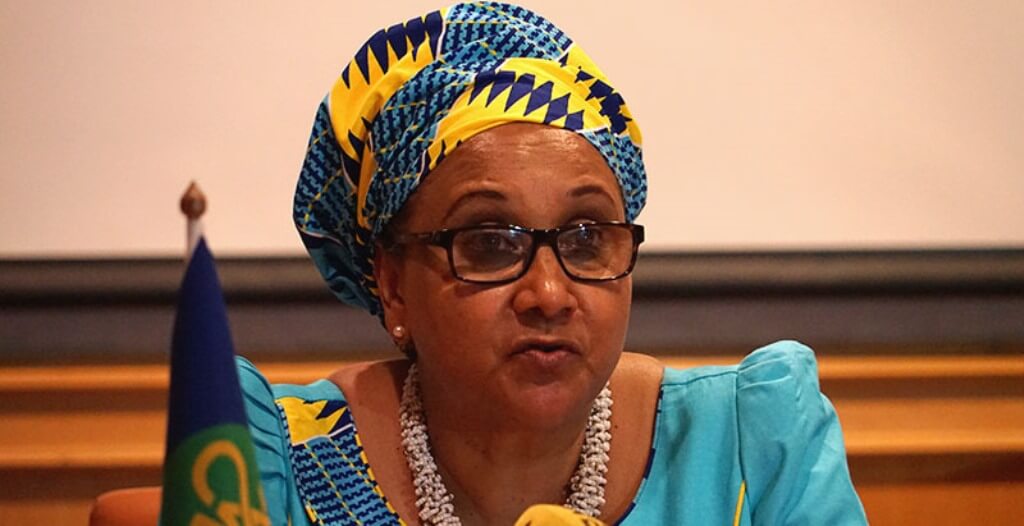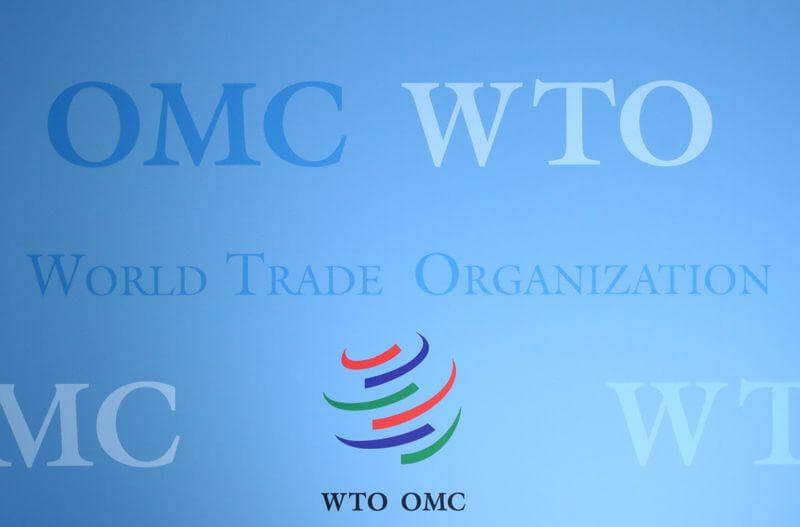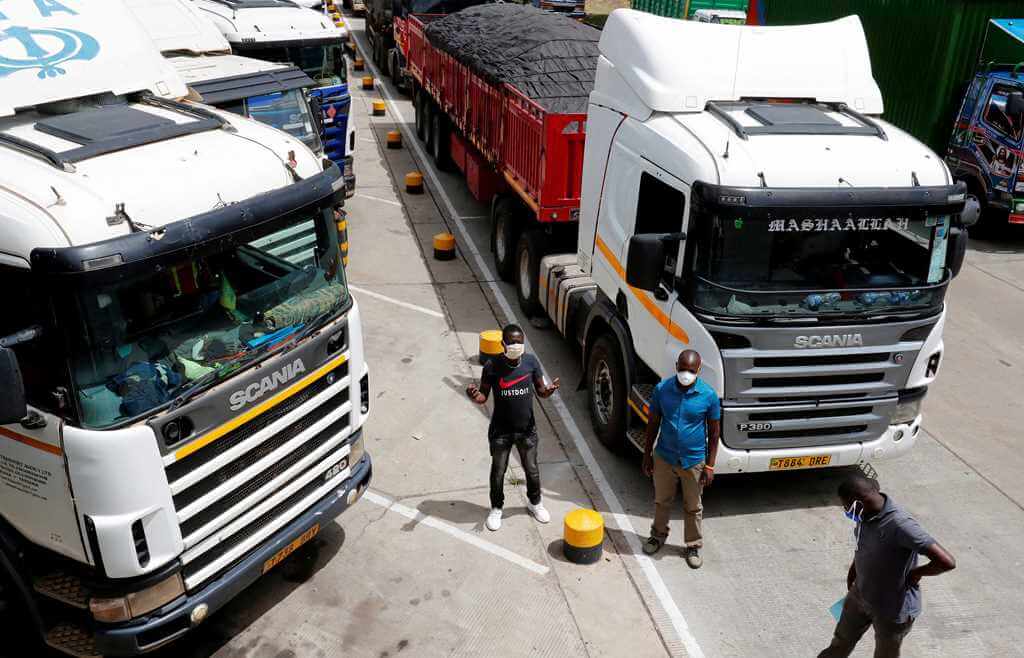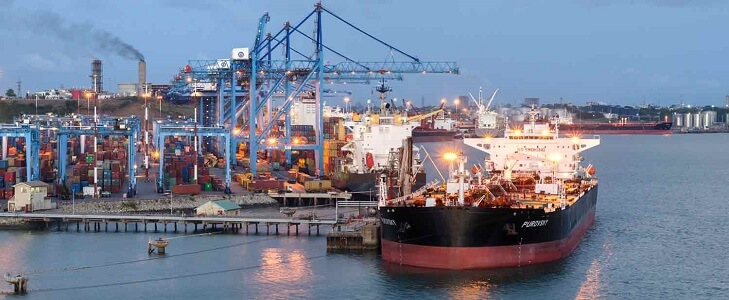Thando Mnkandhla Windhoek – The Tripartite Free Trade Area (TFTA) is integrating electronic surveillance systems that will not only movement of haulage trucks, but will also track drivers’ health and safety. The integrated surveillance system is part of a package of Guidelines for Safe, Efficient and Cost Effective Movement of Goods and Services during the COVID -19 pandemic as adopted by the Tripartite Council of Ministers on July 29. The TFTA brings together the Common Market for Eastern and Southern Africa (COMESA), the East African Community (EAC), and the Southern African Development Community (SADC). Among other matters the ministers would like harmonised are movement of goods – particularly agricultural inputs, food, fuel, and medicines and medical equipment - between countries subject to health and safety regulations. On “Application of Customs Laws and Interpretation”, customs administrations were urged to waive fees, storage and handling charges, and warehouse rent on essential goods during the COVID-19 pandemic. The harmonised regulations establish standard operating procedures for management and monitoring of cross border road transport at designated points of entry and COVID-19 checkpoints, with the objective of facilitating safe movements of passengers and goods. The standard operating procedures cover testing, quarantining, truck stops, catering and sanitation. Representing the Chairperson of the Tripartite Council of Ministers, Egypt’s Assistant Minister of Foreign Trade, Agreements and International Relations, Tarek Shalaby, said the guidelines on trade and transport facilitation presented an opportunity for full implementation of free trade as envisaged when Heads of State and Government signed up for the TFTA...
TFTA harmonises commerce guidelines
Posted on: August 3, 2020
Posted on: August 3, 2020
























